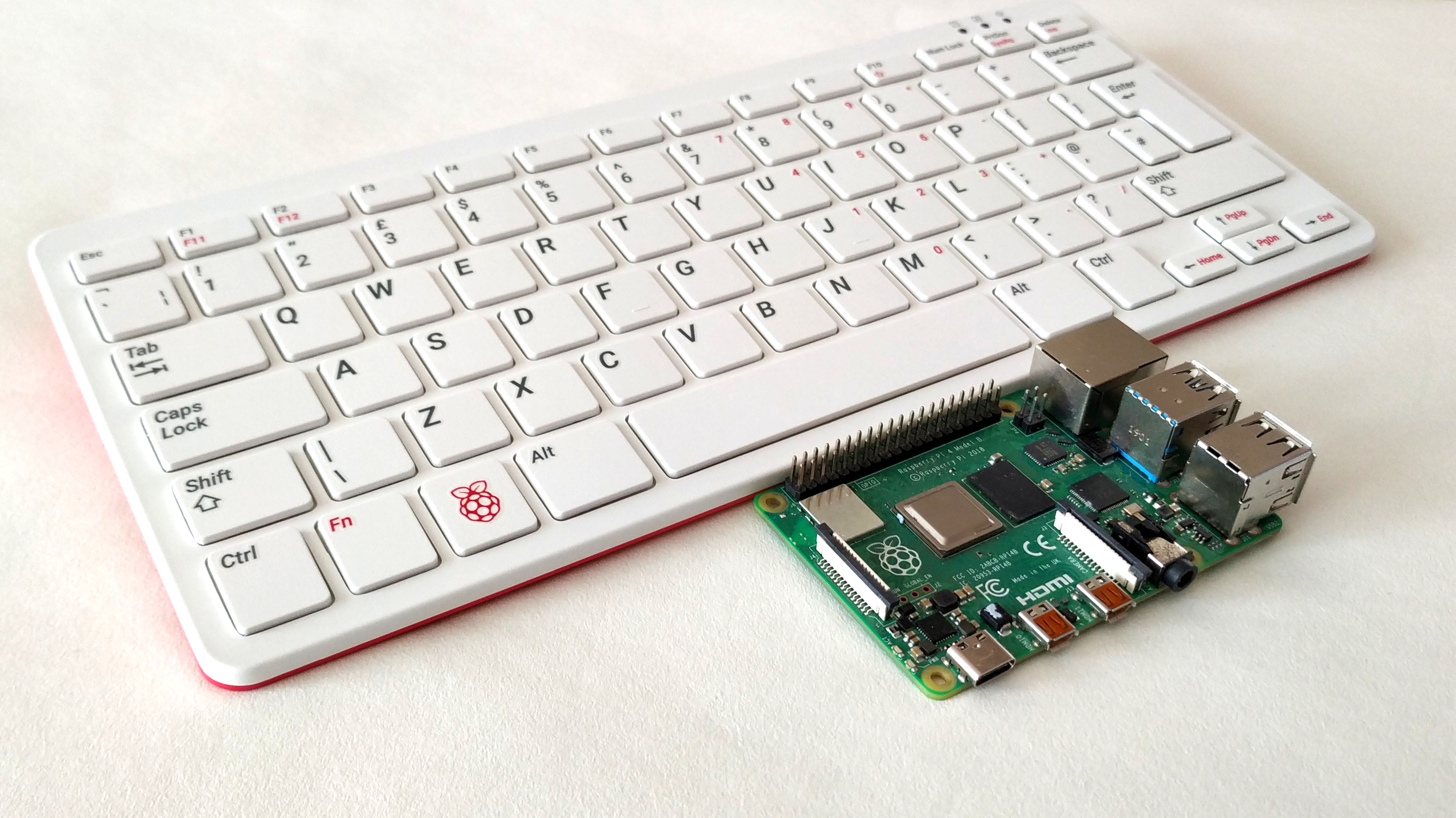Raspberry Pi Stock Update: Both Supply and Demand Keep Stocks Low
500,000 Pis baked per month

Despite baking half a million Raspberry Pi per month, demand is still outstripping supply and Raspberry Pi co-founder Eben Upton has taken to the company’s blog to talk about the continuing matter of product shortages, and how it will be addressing the current difficulty in purchasing the remarkably useful single board computer. It seems that commercial and industrial customers will get priority, leaving individual customer's struggling to buy Raspberry Pi for their own projects.

In Upton’s blog post his advice is to always buy your Pi from an approved reseller, as these stores get preferential access to supplies and are held to a single retail price (plus taxes and shipping). Customers looking to buy directly from Raspberry Pi might have better luck with one of those resellers, however, as Upton also has news about which customer orders will be betting priority, writing: “Right now we feel the right thing to do is to prioritise commercial and industrial customers – the people who need Raspberry Pis to run their businesses – we’re acutely aware that people’s livelihoods are at stake. There is currently enough supply to meet the needs of those customers.”
The shortages, from the Raspberry Pi co-founder's point of view, at least, are a matter of both supply and demand. “Despite a variety of supply-chain challenges, we’ve consistently been able to build around half a million of our single-board computers and Compute Module products each month,” writes Upton in his post, also noting that 28nm parts, such as the Raspberry Pi 4 and Compute Module 4, are easier to source than older, 40nm products such as the Raspberry Pi 3.
“Demand for Raspberry Pi products increased sharply from the start of 2021 onwards, and supply constraints have prevented us from flexing up to meet this demand, with the result that we now have significant order backlogs for almost all products,” Upton's missive continues, before turning to echo the feelings of retailer Adafruit, which has implemented new security measures, including two-factor authorisation, to prevent bots from scalping the scarce boards.
“Where units do appear,” writes Upton, “bots often attempt to scalp stock which is then resold at higher prices elsewhere. Many Approved Resellers have implemented single-unit limits to combat this... we’re encouraging other Approved Resellers to consider this route”.
We reached out to Pi retailers to see what their plans were. Pimoroni were quick to respond and advise us that its policy is for one Raspberry Pi per customer but won’t be implementing 2FA at this time. But according to co-founder Paul Beech, the company’s “post ninjas spot the lion’s share of scalpers and dropshippers as they deal with orders”.
If you are desperate for a Raspberry Pi, rpilocator is still the best resource at your disposal. The site scrapes the stock levels from approved resellers and other outlets and provides updates via the site, an RSS feed and Twitter.
Get Tom's Hardware's best news and in-depth reviews, straight to your inbox.
Upton advised that the Raspberry Pi Pico and Raspberry Pi 400 are generally in stock and unaffected by the shortage. The $4 Raspberry Pi Pico has proven itself to be a versatile platform, thanks to the powerful RP2040 SoC and a Programmable IO. If you need a Raspberry Pi, then the Raspberry Pi 400 is essentially a Raspberry Pi 4 4GB, clocked at 1.8 GHz. Overclocking the Pi 400 to 2.1 GHz is possible, and silent thanks to the remarkable heatsink that sits under the keyboard. The GPIO access requires a breakout board but the Pi 400 is a solid machine for not much cash.

Ian Evenden is a UK-based news writer for Tom’s Hardware US. He’ll write about anything, but stories about Raspberry Pi and DIY robots seem to find their way to him.